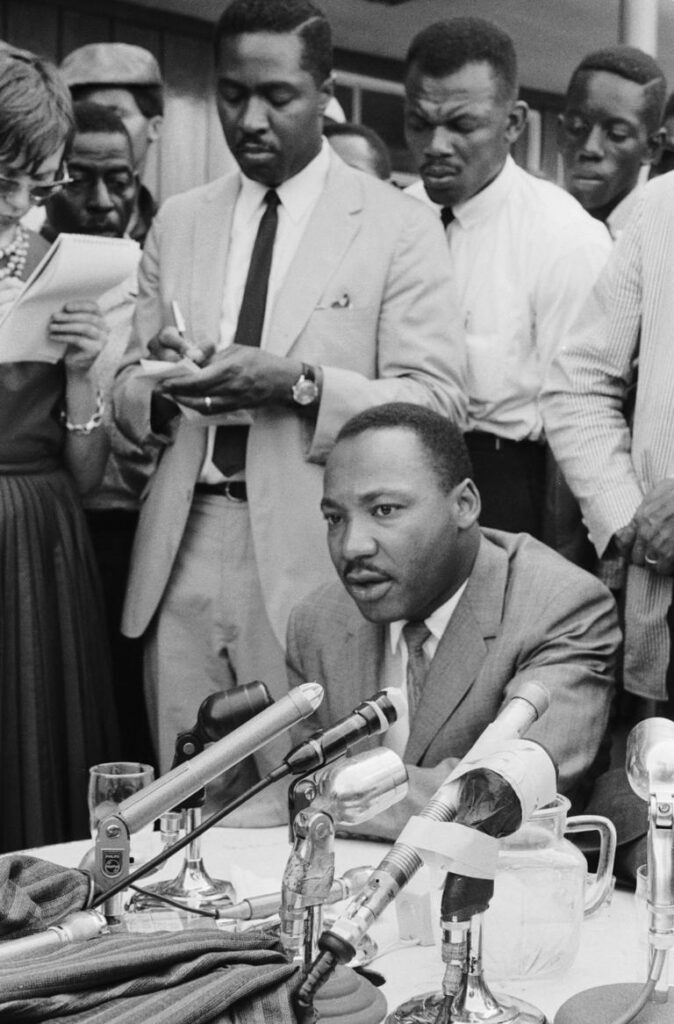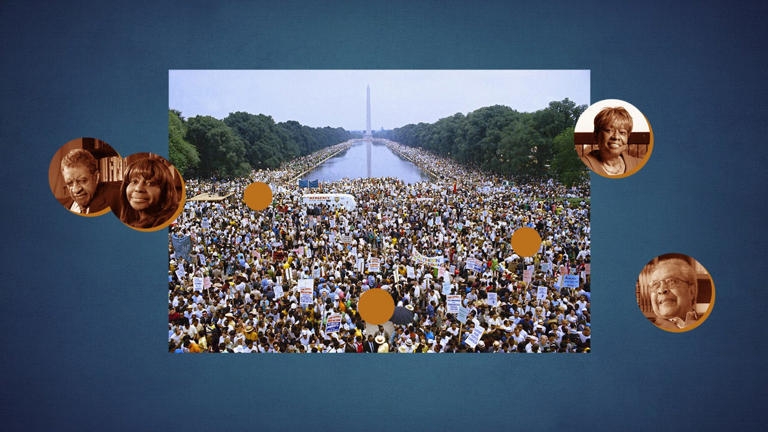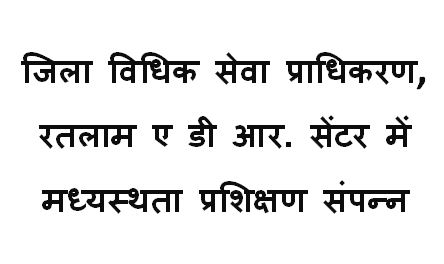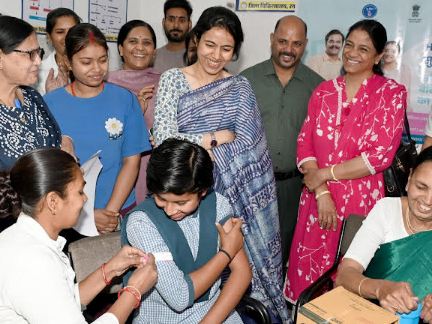In the sweltering heat of a summer day in 1963, a groundswell of hope and determination converged on the National Mall in Washington, D.C. On that historic day, thousands of individuals from all walks of life united for a common cause – civil rights and equality for all. Among them was 15-year-old Clayola Brown, who, upon hearing the news on a car radio in Philadelphia, knew that she had to be a part of something much larger than herself. As we commemorate the 60th anniversary of the iconic March on Washington led by Dr. Martin Luther King Jr., let us journey back to that transformative moment and hear the echoes of those who stood in the crowd.
The Significance of the March in Washington
The year was 1963, a time when racial segregation and discrimination permeated the United States. Against this backdrop, Dr. Martin Luther King Jr. and other civil rights leaders organized the March on Washington for Jobs and Freedom. The event was a call to end racial inequality, demand civil rights legislation, and address economic disparities. It was on this historic day, August 28th, that Dr. King delivered his iconic “I Have a Dream” speech, a powerful call for racial harmony and justice.
In the annals of history, the March on Washington stands as a testament to the indomitable spirit of humanity’s quest for justice. Clayola Brown’s recollections encapsulate the essence of that transformative day, capturing the hope and determination that propelled thousands to converge in unity. The echoes of Dr. King’s resounding words and the fervour of the crowd serve as a guiding light, urging us to continue the journey toward equality and reminding us that the dream of a just and inclusive society is a dream worth pursuing relentlessly.
Clayola Brown’s Journey
In Philadelphia, 15-year-old Clayola Brown heard the news of the impending march on her car radio. The words struck a chord deep within her. “There was going to be a march on Washington,” she recalled. The gravity of the situation was not lost on her. As a young African American, she understood the urgency of the movement and the opportunity to be part of a turning point in history. Determined and resolute, she joined countless others on the journey to Washington.

The March Experience
The National Mall was a sea of faces – people from different backgrounds, races, and ages had come together to demand justice. Clayola vividly remembers the energy in the air, the palpable sense of unity, and the knowledge that they were all part of something bigger than themselves. “Tell ’em about the dream, Martin!” the crowd roared as Dr. King delivered his speech. Those words echoed the aspirations of a nation yearning for change. Clayola was moved to tears by the power of Dr King’s words, feeling an unbreakable bond with those around her.
Legacy and Impact
The March on Washington was a defining moment in the civil rights movement. The unity displayed on that day resonated far beyond the National Mall. It played a pivotal role in the passage of the Civil Rights Act of 1964 and inspired generations to come. Clayola Brown, who witnessed history unfold, went on to become a prominent labour leader, advocating for workers’ rights and social justice.
Conclusion
As we look back on the March on Washington 60 years later, the memories of the crowd that gathered on that fateful day continue to inspire and remind us of the power of unity and the pursuit of justice. The echoes of “Tell ’em about the dream, Martin!” still reverberate, urging us to uphold the values of equality, justice, and inclusion. The march may be a part of the past, but its impact remains an integral part of our present and future – a reminder that change is possible when individuals come together for a common cause.





